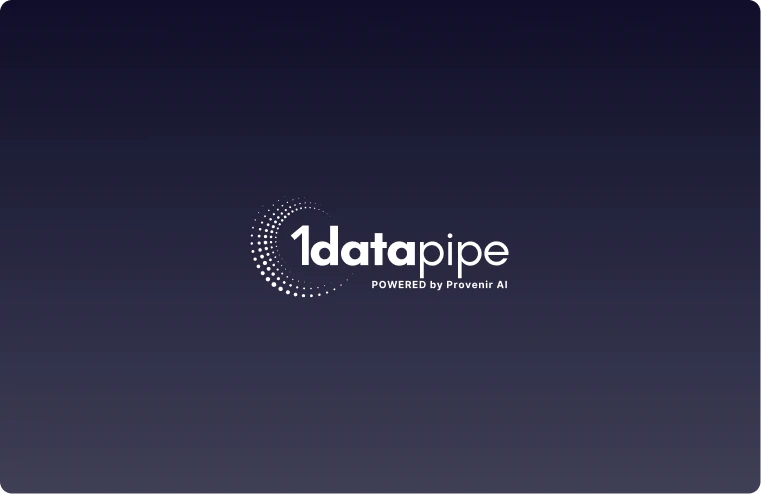Disruption in Brazil’s Financial Sector: The Fintech Revolution

Shaking up a Concentrated System
In a country like Brazil, where five major banks historically controlled over 80% of total assets, a concentrated banking system had been the norm. This resulted in less competition and lack of motivation for the incumbents to innovate or tailor their services to the needs of all Brazilians. However, fintech startups and neobanks have recently disrupted this system, offering democratized financial services that challenge the status quo.
Through innovation, fintechs have shown they can provide better services at lower costs. A study by Fundação Getulio Vargas (FGV) found that Brazilians pay an average of BRL 187 ($35) per month in bank fees. In contrast, most digital banks like Nubank and Banco Inter offer zero-fee accounts, reducing costs for consumers and giving them more control over their finances.
Bridging the Gap: Serving the Underserved
Around 45 million Brazilians, representing nearly 30% of the adult population, do not have a bank account, making them part of the ‘unbanked’ segment. The traditional banking system, with its paperwork and bureaucracy, has often excluded this demographic. But fintech companies and neobanks are revolutionizing the scene, providing an array of accessible services to these individuals.
By leveraging technology and alternative data, fintechs like Neon Pagamentos and C6 Bank are providing mobile-first, paperless banking solutions that enable the underserved to open an account within minutes. Moreover, they offer features such as bill payments, peer-to-peer transfers, and digital credit products, making finance accessible to a broader audience.
Reshaping the Financial Landscape with First Bank Accounts
One of the key contributions of fintechs and neobanks to the Brazilian financial sector has been enabling millions to open their first-ever bank accounts. This move has been instrumental in fostering financial inclusion and democratizing access to essential financial services.
Digital banking platforms such as Nubank, with over 35 million customers, have championed this movement. They have taken a customer-centric approach, prioritizing user experience and convenience, offering a simple account opening process, 24/7 customer service, and a user-friendly app interface, features rarely seen in traditional banks.
Empowering the Underbanked with Risk-Scoring Solutions
Traditional financial institutions often rely on credit history or income statements to evaluate an individual’s creditworthiness. However, for the underbanked, who represent around 70% of the Brazilian market, these parameters are often insufficient or non-existent.
Fintechs are tackling this issue head-on by leveraging alternative data for credit assessment. Companies like Creditas use data points from social media, mobile usage, and online behavior to evaluate risk and creditworthiness, allowing them to serve a broader range of customers and expand their market reach.
Winners of the Fintech Revolution
The fintech revolution is a race, and the winners will be those who can best serve the underserved population. Digital banks like Nubank and Banco Inter have already shown significant success, boasting millions of customers.
However, reaching the unbanked and underbanked isn’t just about accessibility; it’s about offering a comprehensive range of financial services tailored to their needs. Companies utilizing advanced risk-scoring solutions, backed by alternative data, are uniquely positioned to lead this revolution and fundamentally change the financial landscape of Brazil.
The fintech revolution in Brazil is a testament to the power of innovation and inclusivity. As the traditional banking system is deconstructed and rebuilt with a customer-centric approach, the future of Brazil’s financial services industry looks more promising than ever.
Looking Ahead
As we navigate this revolution, it’s clear that data-driven insights play a vital role. That’s where 1datapipe comes in. We offer Living Identity Scores, built on the foundation of 370+ unique personalized attributes on customer profiles, enabling fintechs to make more informed decisions around fraud detection, credit risk assessment, and financial inclusion.
Through our comprehensive understanding of alternative data, we can help fintechs better serve the underbanked, offering them an accurate assessment of their creditworthiness while aiding in their financial inclusion. The future of finance is inclusive, and 1datapipe is ready to guide you towards it. Get in touch with us today to learn more.

